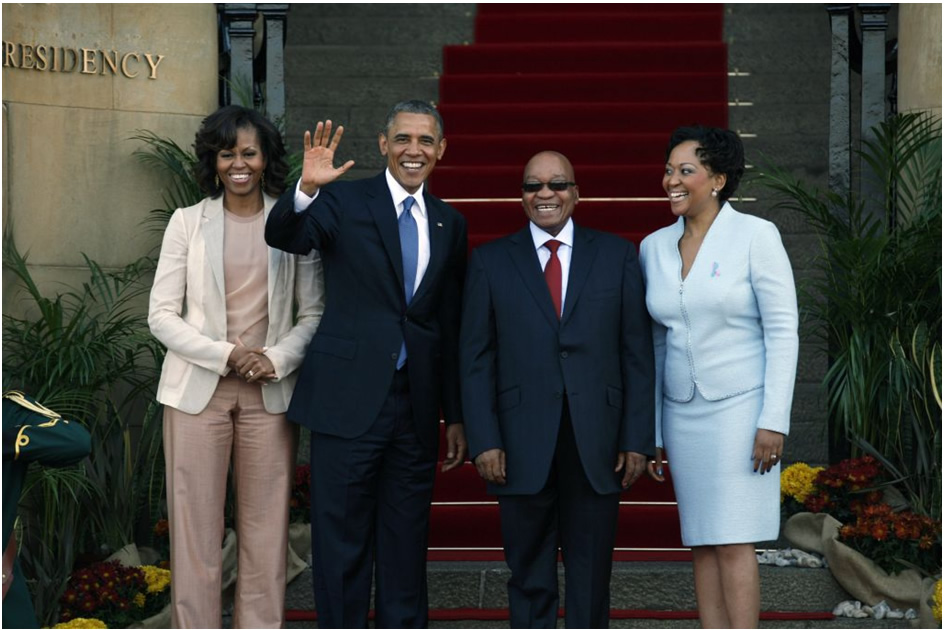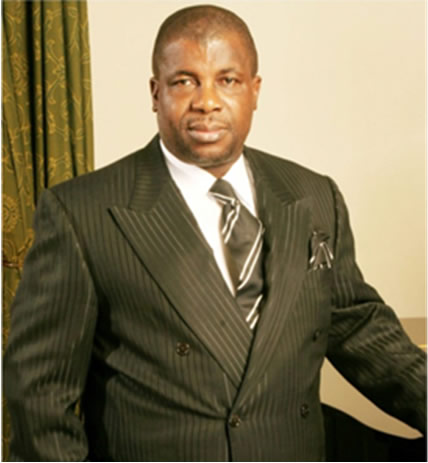 While thousands of well-wishers and sympathizers lay in Wait for news on the state of health of Nelson Mandela, after weeks of prolonged battle with lung infection, which confined him to the hospital bed, in what the South African government described as critical but stable condition; President Jacob Zuma, recently announced plans to mark Madiba’s 95th birthday, on the 18th July 2013.
While thousands of well-wishers and sympathizers lay in Wait for news on the state of health of Nelson Mandela, after weeks of prolonged battle with lung infection, which confined him to the hospital bed, in what the South African government described as critical but stable condition; President Jacob Zuma, recently announced plans to mark Madiba’s 95th birthday, on the 18th July 2013.
Mr. Mandela’s birthday, which has also been globally recognized by the United Nations as Mandela-day, is a day set aside to encourage people to do something good for human kind, and has been celebrated since 2009.
Mr. Mandela, who was born on July 18, 1918, in Mveso, Transkei, South Africa, became actively involved in the anti-apartheid movement in his 20s. In 1942, Mandela joined the African National Congress, and for 20 years, he directed a campaign of peaceful, non-violent defiance against the South African government and its racist policies. In 1993, Mandela and South African President F.W. de Klerk were jointly awarded the Nobel Peace Prize for their efforts to dismantle the country’s apartheid system. In 1994, Mandela was inaugurated as South Africa’s first black president.
He established in 1995 the Truth and Reconciliation Commission (TRC), which investigated human rights violations under apartheid, and he introduced housing, education, and economic development initiatives designed to improve the living standards of the country’s black population. In 1996 he oversaw the enactment of a new democratic constitution. Mandela resigned his post with the ANC in December 1997, transferring leadership of the party to his designated successor, Thabo Mbeki.
There are so many lessons to be learnt from the life of Madiba, who despite the pressure from certain quarters to hold on to power, decided to relinquish the presidency to his second in command in the ANC, Mr. Thabo Mbeki. In Africa, where the major albatross to development remains the leadership institutions, and the sit-tight syndrome of some political office holders, efforts must be made to immortalize Madiba’s legacies and what he stands for. Chief among the urgent steps to be taken in this regard, should be the introduction of a course in our institutions of higher learning that focuses on understanding the Man Mandela, his philosophy and personal aspiration, as a way of building the crop of leaders that is capable of taking Africa to the promise Land.
As the world continue to celebrate this man of immense influence, we continue to uphold him in prayers to tarry a while to see Africa rise to take its pride of place in the comity of nations.


